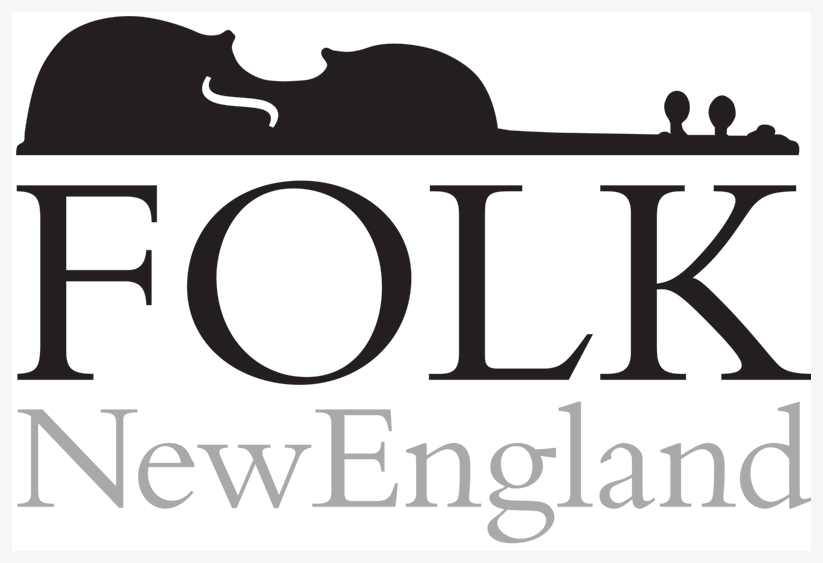Wayne T. Jaquith Papers
Access restrictions: Temporarily stored offsite; contact SCUA in advance to request materials from this collection.
An attorney and activist, Wayne Jaquith has been a prominent figure in the environmental and peace movements since the 1980s. A graduate of Cornell University and the Northeastern University School of Law (1977), Jaquith served as an officer in a remarkable series of organizations, including as executive director of the Nantucket Land Council, Physicians for Social Responsibility, the Lawyers Alliance for Nuclear Arms Control, and the Ploughshares Fund. He was also a co-founder of Professionals Coalition for Nuclear Arms Control, the Coalition for the Non-Proliferation Treaty, the Coalition to Reduce Nuclear Dangers, and the Arms Transfer Working Group.
Reflecting Jacquith’s diverse interests, this collection includes important materials relating to the peace, environmental, and antinuclear movements, including the Nuclear Freeze movement of the early 1980s. The collection has a rich assortment of newsletters and communications between activist organizations, along with background information, research, and writing.


